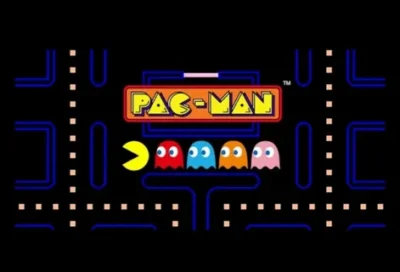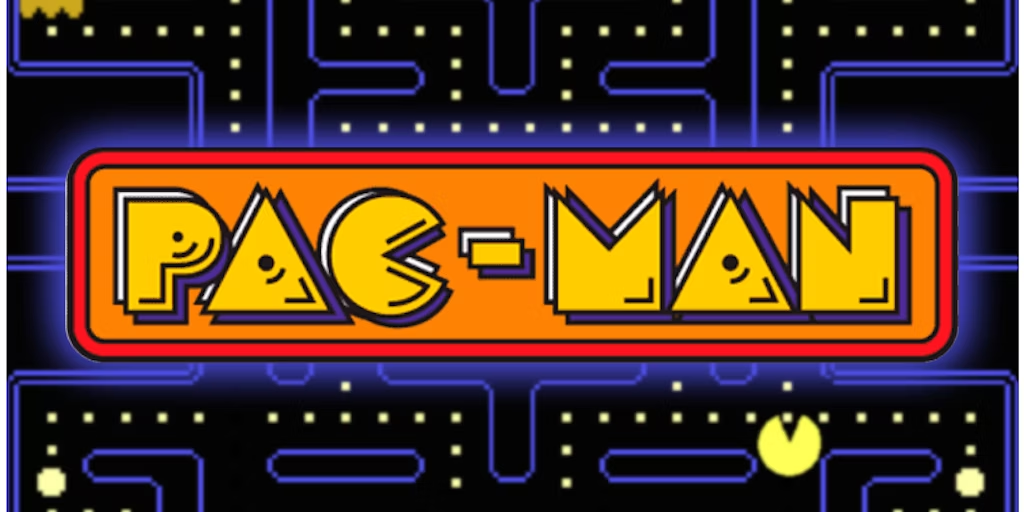Pac-Man is more than just a video game character; it is a symbol of gaming history and cultural significance that has withstood the test of time. As t
Pac-Man is more than just a video game character; it is a symbol of gaming history and cultural significance that has withstood the test of time. As the world celebrated the 30th anniversary of Pac-Man in 2010, fans and industry veterans alike took a moment to reflect on what made this yellow, pellet-chomping hero a timeless phenomenon. From its humble beginnings to its role in shaping the gaming landscape, Pac-Man’s story is one of innovation, cultural influence, and lasting appeal.
The Origins of Pac-Man: A Game for Everyone
The story of Pac-Man begins in 1980 when Namco released a game designed by Toru Iwatani. At a time when most arcade games focused on violence, shooting, and sports, Iwatani’s vision was to create a game that appealed to women and families as well. Drawing inspiration from a pizza with a missing slice, the Pac-Man character was designed as a simple yellow circle with a mouth, navigating mazes, eating pellets, and avoiding ghosts.
This fresh approach to gameplay emphasized strategy, pattern recognition, and a non-violent environment, making it accessible and attractive to a wide audience. Pac-Man’s charm was immediate — the game was fun, colorful, and easy to understand but difficult to master.
The Phenomenon That Captivated the World
Pac-Man quickly became an arcade sensation. Within months of its release, the game was dominating arcades worldwide, breaking records for sales and popularity. It was the first video game to achieve such a level of mainstream success, appealing to players across all ages and backgrounds.
More about: pacman 30th anniversary
Cultural Impact
Pac-Man’s influence extended far beyond the arcade:
- Merchandising Explosion: Pac-Man was one of the first video game characters to generate significant merchandise sales. From toys and clothing to themed snacks and lunchboxes, the character became a marketing powerhouse.
- Music and Media: The catchy sounds of the game became iconic. The novelty song “Pac-Man Fever” topped music charts in the early ‘80s. The character also starred in cartoons, comics, and even inspired a Saturday morning TV show.
- Language and Imagery: Terms like “ghost,” “power pellet,” and even the design of Pac-Man himself became part of pop culture lexicon, familiar even to those who never played the game.
How Pac-Man Changed Game Design Forever
One of the key reasons Pac-Man became a classic lies in its innovative game mechanics:
- Distinct AI Behavior: Each ghost had a unique behavior pattern — some chased Pac-Man directly, others tried to ambush him, and one even mimicked his movements. This dynamic AI design created a challenging and engaging experience.
- Strategic Gameplay: Unlike many shooters of the era, Pac-Man required players to learn maze patterns and ghost behaviors, adding layers of strategy.
- Reward Systems: The use of power pellets that allowed Pac-Man to turn the tables and eat ghosts added an exciting risk-and-reward element.
These innovations influenced countless games that followed and set a standard for intelligent enemy design and balanced gameplay.

Commemorating 30 Years of Pac-Man
The 30th anniversary was a significant celebration of Pac-Man’s enduring legacy. Namco and gaming communities worldwide marked the occasion with numerous events, releases, and promotions that both honored the past and looked toward the future.
Anniversary Releases and Updates
Namco released special editions of Pac-Man across multiple platforms including smartphones, consoles, and PCs. These versions retained the classic gameplay while adding fresh content such as new mazes, challenges, and multiplayer modes. The updates introduced Pac-Man to a new generation of gamers while giving long-time fans a nostalgic trip.
Global Celebrations and Competitions
Arcades, gaming conventions, and online communities organized tournaments and exhibitions celebrating Pac-Man’s history. These events emphasized community and highlighted the game’s continued relevance, as players competed for high scores and shared memories.
Collaborations and Pop Culture Moments
The anniversary also saw collaborations with other popular franchises, resulting in cross-over games and merchandise. Special edition collectibles and apparel helped rekindle interest and introduced Pac-Man’s charm to new audiences.
Pac-Man in the Modern Gaming Era
Despite being three decades old, Pac-Man continues to evolve and thrive in modern gaming culture.
New Games and Innovations
Newer titles like Pac-Man Championship Edition introduced faster gameplay, enhanced graphics, and dynamic mazes, successfully modernizing the experience without losing the essence of the original. The franchise also expanded into 3D platformers, racing games, and even virtual reality experiences.
Pac-Man as a Cultural Symbol
Beyond games, Pac-Man remains a cultural icon. The character has appeared in commercials, movies, and as a mascot in various promotional events. The simple design and instantly recognizable imagery make Pac-Man a symbol of nostalgia and the early days of digital entertainment.
Educational and Social Impact
Pac-Man has also been used in educational contexts to teach programming, AI, and game design due to its simple yet profound mechanics. Its inclusivity has paved the way for more family-friendly and accessible games.
Why Pac-Man Still Matters
In an industry dominated by hyper-realistic graphics and complex narratives, Pac-Man’s simplicity continues to resonate. Here’s why Pac-Man endures:
- Timeless Gameplay: The core mechanics are straightforward but offer deep replayability.
- Cross-Generational Appeal: Pac-Man connects parents and children, bringing families together through shared gaming experiences.
- Historical Significance: Pac-Man represents a landmark in gaming history, influencing countless game developers and enthusiasts.
- Nostalgia and New Audiences: It bridges the past and present, cherished by retro gamers and discovered anew by younger players.
Looking Ahead: The Future of Pac-Man
As gaming technology evolves, Pac-Man’s future looks bright. With possibilities in augmented reality, mobile gaming, and streaming platforms, Pac-Man is poised to continue reaching new audiences in innovative ways.
Moreover, the character’s legacy serves as a reminder of the importance of creativity and accessibility in game design. Pac-Man shows that games don’t have to be complex or violent to be engaging and successful.
Frequently Asked Questions (FAQs) About Pac-Man 30th Anniversary
Q1: When was Pac-Man first released?
A1: Pac-Man was released in 1980 by Namco.
Q2: What was special about Pac-Man compared to other games at the time?
A2: It featured non-violent, strategic maze gameplay and appealed to a wider audience, including women and families.
Q3: How did Pac-Man influence game AI?
A3: Pac-Man’s ghosts each had unique, programmed behaviors, setting a new standard for enemy AI in games.
Q4: What was celebrated during the 30th anniversary of Pac-Man?
A4: The 30th anniversary in 2010 included special game releases, global events, merchandise, and media collaborations celebrating the game’s history.
Q5: Are there modern versions of Pac-Man available?
A5: Yes, there are many modern versions, including remakes and new titles like Pac-Man Championship Edition.
Q6: How has Pac-Man impacted pop culture?
A6: Pac-Man inspired music, TV shows, merchandise, and remains a widely recognized cultural icon.
Q7: Why does Pac-Man still matter today?
A7: Its simple yet challenging gameplay, historical importance, and broad appeal keep it relevant across generations.
Q8: Can you play Pac-Man on mobile devices?
A8: Yes, Pac-Man is available on various mobile platforms, including iOS and Android.
Q9: Did the 30th anniversary include any competitions?
A9: Yes, many arcades and gaming communities hosted tournaments and events.
Q10: What lessons can modern game developers learn from Pac-Man?
A10: The importance of accessibility, simple but deep gameplay, and innovative AI design.
More Info: primereport




COMMENTS